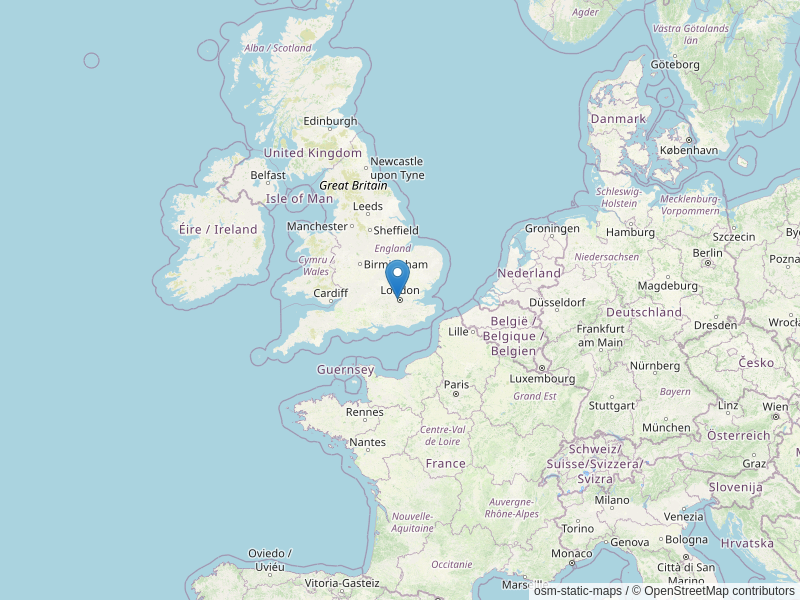In Profile - Cian Roche

© DAAD/Roche
Hi, I’m Cian! After completing my undergraduate degree in physics at University College Cork, Ireland, I pursued a master’s degree in mathematical physics at the University of Tübingen funded by the DAAD. In total I spent just over two years in Germany, between my degree at Tübingen and an internship at the Max Planck Institute for Plasma Physics near Munich. Currently I’m working towards a PhD in astrophysics at the Massachusetts Institute of Technology in Boston.
What does a typical day in your job look like? Is there any link/relation to German/Germany?
As a first-year graduate student, I spend about half of my working hours taking classes and the other half doing research. That research is mostly computational; our group simulates galaxies crashing into each other with the end goal of uncovering the properties of dark matter. Germany is a world-leader in the field of numerical simulations of astrophysical bodies, and so it was no surprise to find a German native as a senior faculty member here at MIT, who is prolific in precisely my field. This makes for a very welcome opportunity to practice my German language skills.
Which experiences have you gained during your stay in Germany and how has it influenced your career path/ personal development?
Aside from the many wonderful people I met during my time in Germany, and the material I studied in the classes of my master’s degree, I would say the most valuable skill I gained from my experience was staying calm when I’m stuck or struggling. If you’re doing research at the forefront of scientific knowledge or simply in a topic new to you, you should be stuck on something every day. It’s very easy to become frustrated with that, but this can be very counterproductive. By learning how to stay calm and look for solutions when things are hard or confusing, I think I’ve become a much better scientist.
Who has inspired you the most in your career and why?
I maintain an enormous admiration and respect for my thesis advisor at Tübingen, Prof. Carla Cederbaum, both for her knowledge and the influence she has on her students and the department as a whole. Also at Tübingen is Christoph Schäfer, whose passion for teaching and inspiring positivity lead me to my current research on the other side of the Atlantic. Without these individuals I would be very far from where I am today, and I aspire to emulate their qualities in my own research and mentorship.
Which is your favourite city/ place in Germany and which in the UK/Ireland and why? Are there any similarities or differences?
Garching bei München is an incredible place, in that it’s an unparalleled hub for science home to numerous Max Planck Institutes, in which the boundaries of our understanding are challenged every day. My favourite place, however, was the small river in the woods close to my home in Tübingen. Whenever I was stressed, anxious or just bored, I would walk a few minutes to the riverbank and could stay for hours examining the wealth of life thriving in that ecosystem. Since I grew up right next to the woods in Ireland, it felt a lot like home. The coolest thing I saw was a caddisfly larva, with the added bonus that I knew the area was ecologically healthy, since their populations are sensitive to pollutants.
Can you cook a German dish without a recipe? If so, which one and where have you learned it?
My wonderful housemates in Tübingen taught me how to make proper Glühwein, which is now my go-to for a cold night. Laugenbrot has also made its way into my diet, though I haven’t tried make it myself. Top tip: It works wonders for an upset stomach/heartburn due to the relatively high pH of its ingredients.
What advice would you give to students who are thinking of choosing your field of study/research?
I’ll broadly call my field “physics research” and my advice is relatively simple. The things you learn in your classes have been assigned to you for a reason: it’s necessary to be at least very familiar with everything you see in them in order to pursue a traditional research career in physics. That said, it’s the things you do outside the classroom, both with that knowledge and knowledge gained independently through passion projects, that will set you apart. Learning by solving problems you’ve encountered in a personal project can be astonishingly effective, so do things that excite you whenever you can, be it a meaningful and impactful attempt at solving a real-world problem, or some silly inside joke that makes you laugh.
Are you interested in Studying in Germany with a DAAD scholarship? Please find here the link to the DAAD Scholarship Database.










